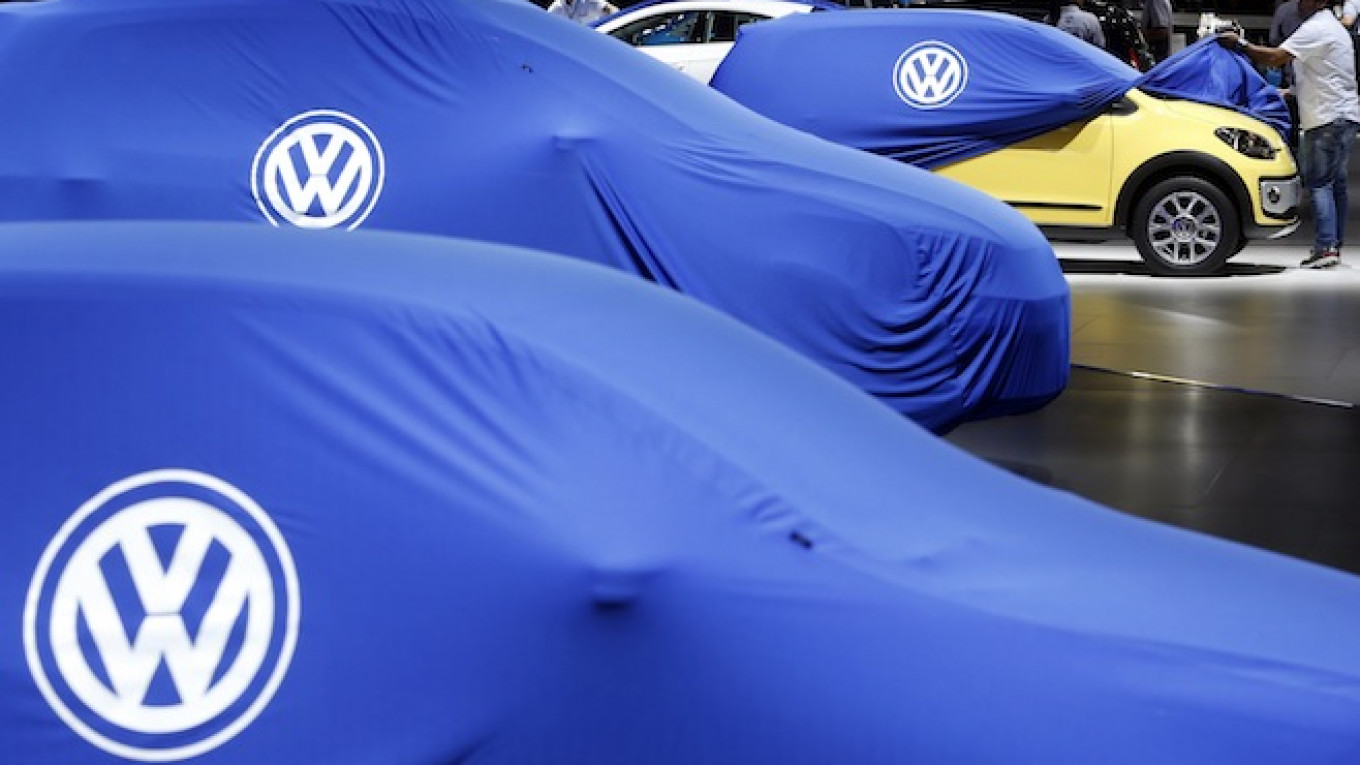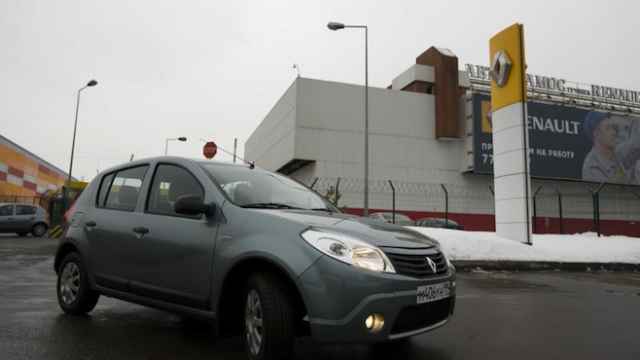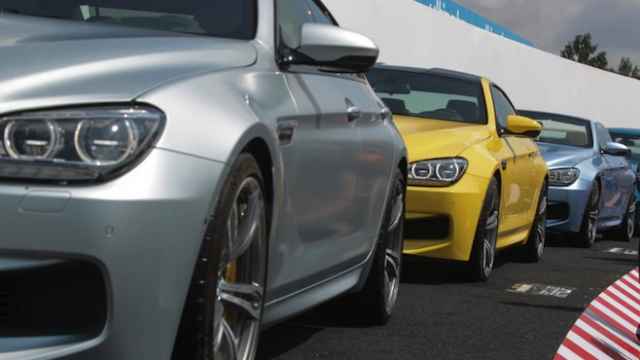Europe's carmakers are benefiting from robust demand for passenger cars in most of Europe although the slumping Russian market continues to cast a shadow, making forecasts increasingly difficult, the Chief Executives of Opel and Volkswagen said.
The Russian market, once the third largest for General Motors in Europe, is massively down and GM will idle its plant in St. Petersburg for eight weeks starting in late March, Karl-Thomas Neumann, General Motors, President Europe said at an evening event Monday.
"We had to take out shifts in our St. Petersburg factory and we will even close it ... starting in March and into May," Neumann said at an event in the Swiss lakeside city of Geneva.
GM has already cut production at its Russian plant down to one shift from two back in September, as Opel and Chevrolet sales were hit by a plunge in Russian demand and the weaker Russian currency.
"Vauxhall and Opel are experiencing growth in the European market. Are we expecting a lot of support in the market this year and next year, unfortunately the answer is no," Neumann said at an event hosted by the Vauxhall brand.
"We don't think the situation will fundamentally change. Even though there are markets which are growing, there are other markets which are hugely disappointing, foremost obviously the Russian market," Neumann said.
Industry forecasting group IHS Automotive said Russian light-vehicle sales fell 24.4 percent in January, to 115,390. Sales for the full year are set to decline by 27.4 percent in 2015, to 1.81 million.
The devaluation of the ruble has put a damper on sales, as Russia's currency lost around half its value against the U.S. dollar in the past year.
The market collapse was less pronounced in December when savvy customers used the Russian government's scrappage scheme to buy outgoing 2014 models cheaply before price increases were applied to 2015 models. Car sales in Russia fell 10 percent in 2014.
Volkswagen Chief Executive Martin Winterkorn said that he was optimistic about the prospects for growth in Western Europe, but that the situation in Russia made forecasting as a whole difficult.
"Why don't you ask Mr. Putin how things will develop," Winterkorn quipped, in a remark referring to Russian President Vladimir Putin.
A Message from The Moscow Times:
Dear readers,
We are facing unprecedented challenges. Russia's Prosecutor General's Office has designated The Moscow Times as an "undesirable" organization, criminalizing our work and putting our staff at risk of prosecution. This follows our earlier unjust labeling as a "foreign agent."
These actions are direct attempts to silence independent journalism in Russia. The authorities claim our work "discredits the decisions of the Russian leadership." We see things differently: we strive to provide accurate, unbiased reporting on Russia.
We, the journalists of The Moscow Times, refuse to be silenced. But to continue our work, we need your help.
Your support, no matter how small, makes a world of difference. If you can, please support us monthly starting from just $2. It's quick to set up, and every contribution makes a significant impact.
By supporting The Moscow Times, you're defending open, independent journalism in the face of repression. Thank you for standing with us.
Remind me later.






